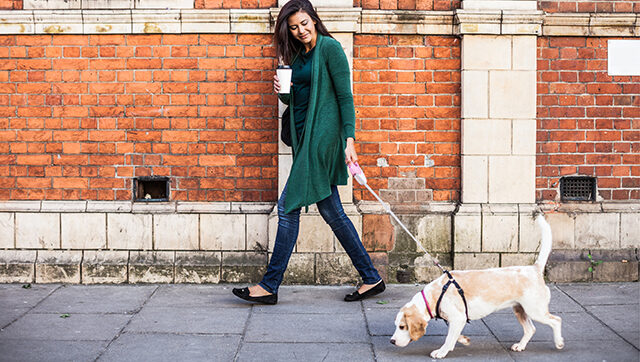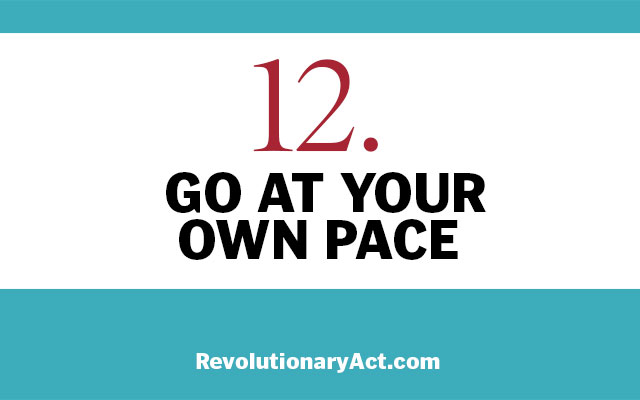Consider the New Year’s resolution. You’ve probably never resolved to wake up five minutes earlier each day, because that would appear to lack ambition. A real resolution, many of us believe, means becoming a lark who gets up at 5 a.m., even if you’ve always been a night owl. It means quitting all sugar, including fruit, instead of simply cutting out soda. We often think there’s no point in change unless we’re going to change big.
But aiming for radical change practically guarantees our efforts will fall flat.
“Change doesn’t happen until people alter their behavior, and they don’t alter their behavior unless they start with the small,” explains Harvard philosophy professor Michael Puett, PhD, in his book The Path: What Chinese Philosophers Can Teach Us About the Good Life, which he cowrote with journalist Christine Gross-Loh.
Puett’s students often tell him they’ve changed their lives as a result of taking his course, which explores key principles of the Chinese philosophers Confucius, Mencius, and others. But rather than focusing on abstract philosophical queries, like What is the meaning of life? or Do we have free will?, the class ponders questions like this one, from Confucius: How are you living your life on a daily basis?
His students’ “changed lives” are less dramatic, but more sustainable than you might think, says Puett. “Their changes are not of the ‘big’ sort — like suddenly deciding to run off and do something radically different,” he says. “Something like that would probably not actually affect how they live their everyday lives. After the so-called big change, they would probably just revert to their usual ruts.”
Instead, a student who seldom left her desk adjusts her daily routine by taking a walk each morning and notices how this improves her depression symptoms. Another begins to consciously thank people during routine interactions and finds herself breaking the bad habits she has fallen into in her relationships with others. Or a talented basketball player takes up yoga to improve his game and discovers that it shifts his patterns on the basketball court and in other areas of his life, too.
“It’s these seemingly small changes in their daily lives that add up to significant changes down the road,” Puett explains.
Similarly, if we want to make changes in specific relationships, it helps to start small. For example, instead of diving in to a big heart-to-heart with a difficult coworker and expecting this to resolve issues (and giving up on the situation if it doesn’t), just start saying hello to him in the morning. Or offer to get him a cup of coffee on the next caffeine run. These small acts of kindness ease tension and build trust — so if and when you do have that heart-to-heart, it’s much more likely to create positive change.
Little efforts like this are so important because we can control them. The world is changing constantly. Our best plans are often laid to waste simply because circumstances shift: We get jobs. We lose them. We get sick. We get well. We don’t strictly control these events, but we can influence how we experience them by attending to the details that move us forward.
“Just as the world is not stable, [our] interactions are not fixed,” Puett writes.
We don’t need to move mountains to change our lives or heal our relationships. We just need to climb them, one step at a time.
Try It at Home: Start Small
- Want to learn to cook? Start by focusing on three basic foods. If you can develop enough confidence to make eggs, a soup, and a salad, other things will feel less intimidating.
- Want to start exercising? Begin with a short walk each morning. You’ll get used to having a physical routine, which makes it more likely you’ll stay committed when you buy a gym membership.
- Want to fix a problem with your spouse? Before you sit down for that big heart-to-heart, restore your connection and build trust with some kind gestures. You’ll have fewer walls to break down when you do talk.
This article originally appeared as part of “Change Your Mindset” in the December 2016 issue of Experience Life.




This Post Has 0 Comments